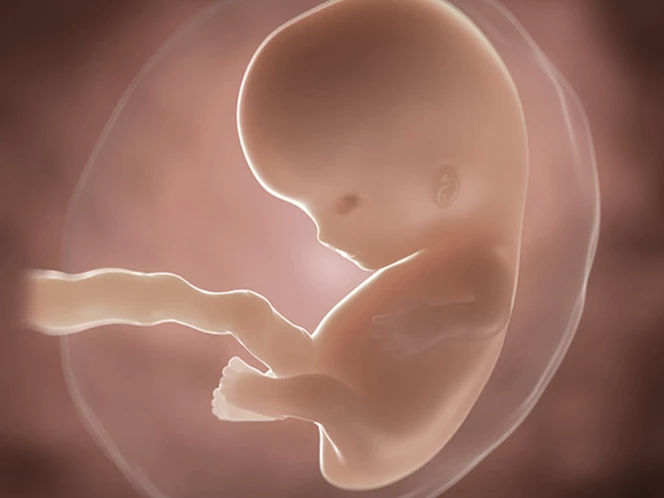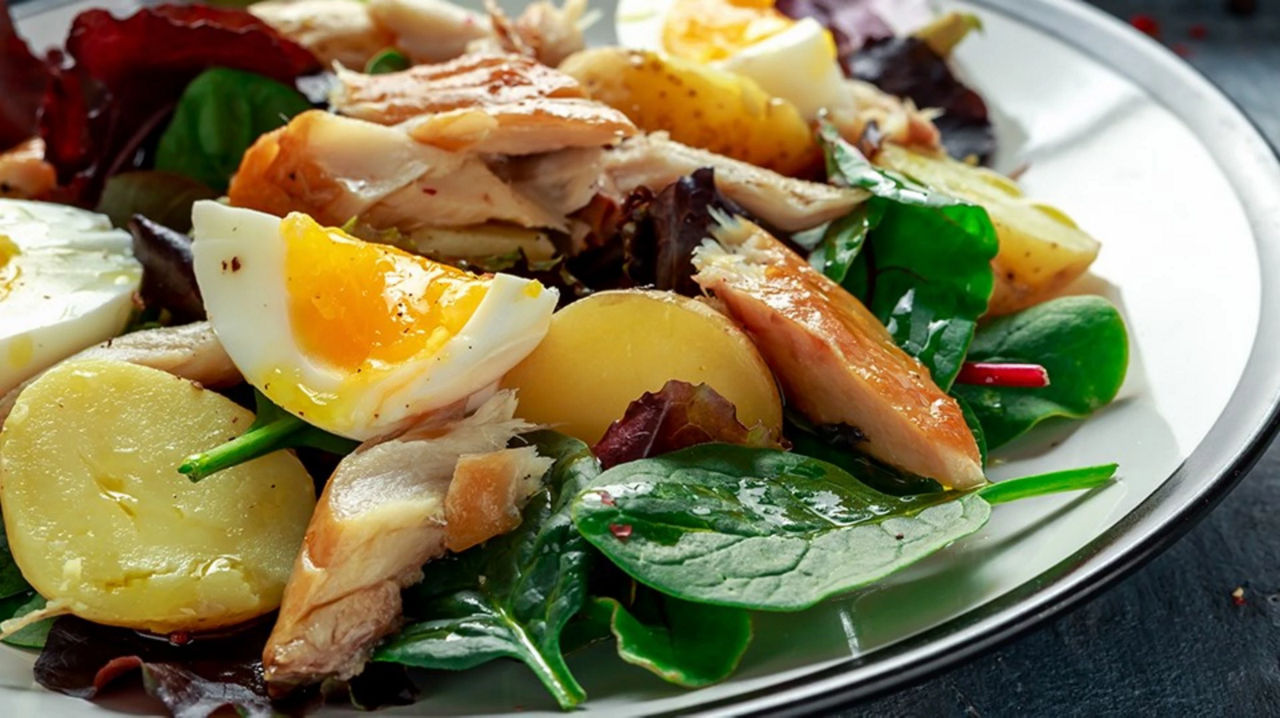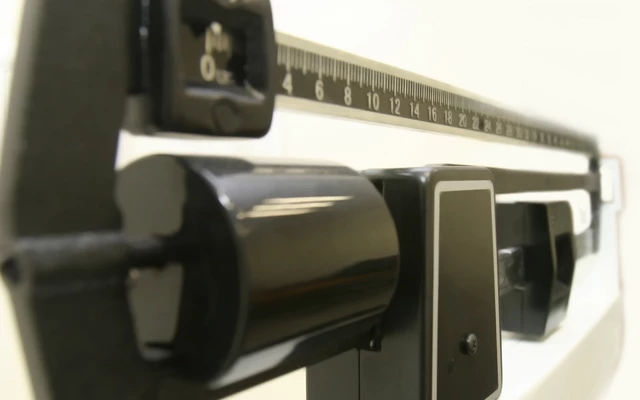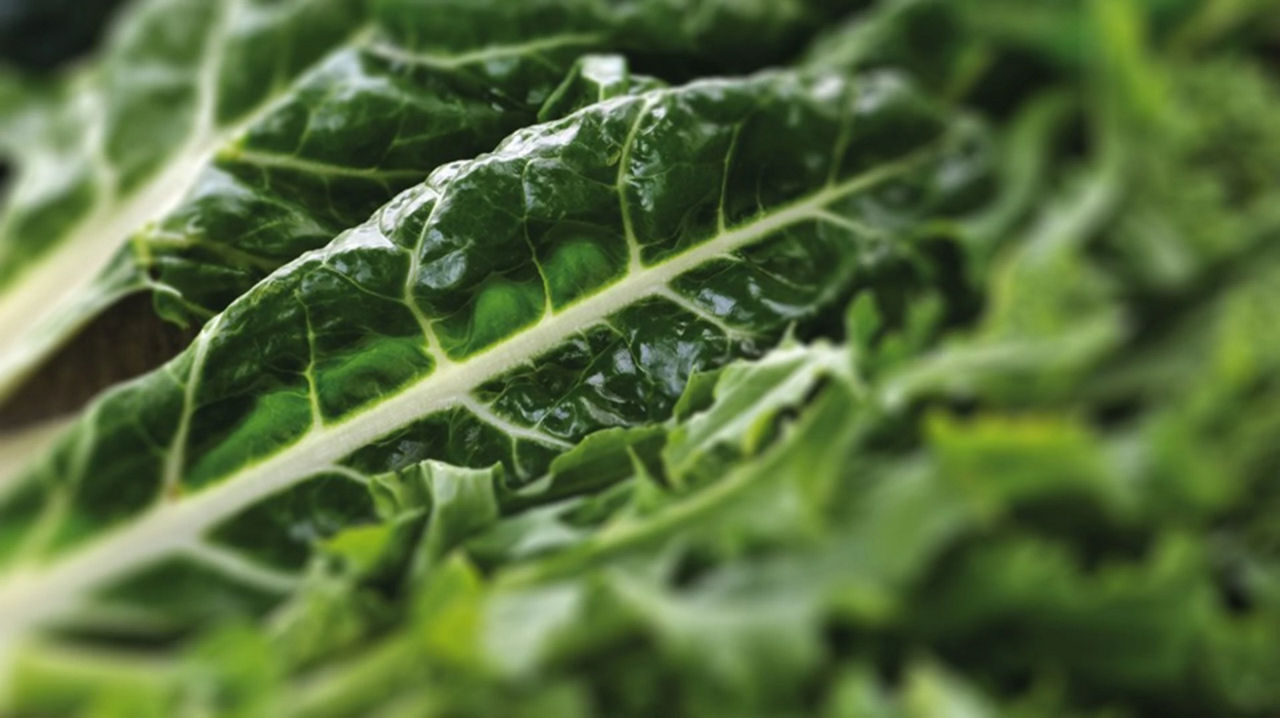By the time you’re 8 weeks pregnant, your baby is roughly 1.6cm long1. At this stage, their newly formed jawbone gives more definition to their tiny mouth, and the tip of their nose is now visible, featuring two distinct nostrils2.
Internally, cartilage is being replaced by bone cells and joints2, and their legs are growing longer, although it’s too early to see knees and upper or lower legs yet3.
Incredibly, they are already starting to make small, jerky movements as their muscles begin to function. It will be several weeks before these are strong enough for you to notice2.








